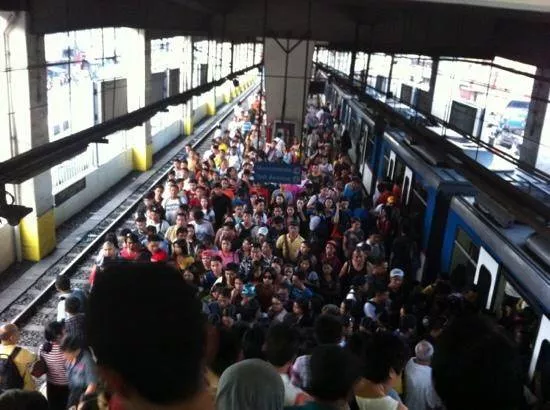Slow, overcrowded, and long trip times describe the way how million Filipino commuters survive the daily journey to work. The journey is sometimes dubbed as a traffic-induced personal hell in the country.
According to a recent report, three out of ten Filipinos ranked their commute as the worst part of their day. What has been on the news is that a congressman has filed a new rule calling for government officials to experience public transportation firsthand.

Government officials to commute via public transport once a month
The congressman is AANGAT TAYO Rep. Neil Abayon and the bill is known as the ‘Public Servants Commuting via Public Transport Act’ (House Bill 6195).
The bill mandates dozens of government officials of all levels who are either appointed or elected shall go to and from work using public land transport at least once every month during the worst hours for road congestion. Public utility vehicles in the bill include commuter trains, passenger buses, taxis, light rail, transport network vehicle service, passenger tricycles, and public utility jeepneys.
Abayon shared that the officials having personally experience traveling to and from work during worst hours will gain the real-world experience of traffic jam. This initiative is undertaken as tools to enable the legislators to collect factual information and thus, legislate wisely.
Furthermore, it’s the job of these officials to enforce the bill by using economy class when traveling by air during business trips. For some people, flying is not enjoyable experience, especially it used to be, especially in economy class.
>>> LTFRB imposed training for all drivers of public utility vehicles (PUV). Click to find out.
The only exceptions to the measure are:
- Congressman has serious health condition or existing handicap that may result in limited or reduced mobility as certified by a licensed health care professional
- Security problems facing the President, Vice President, the Justices of the Supreme Court, and the Chief Justice.
See also:
Public Transportation in the Philippines










